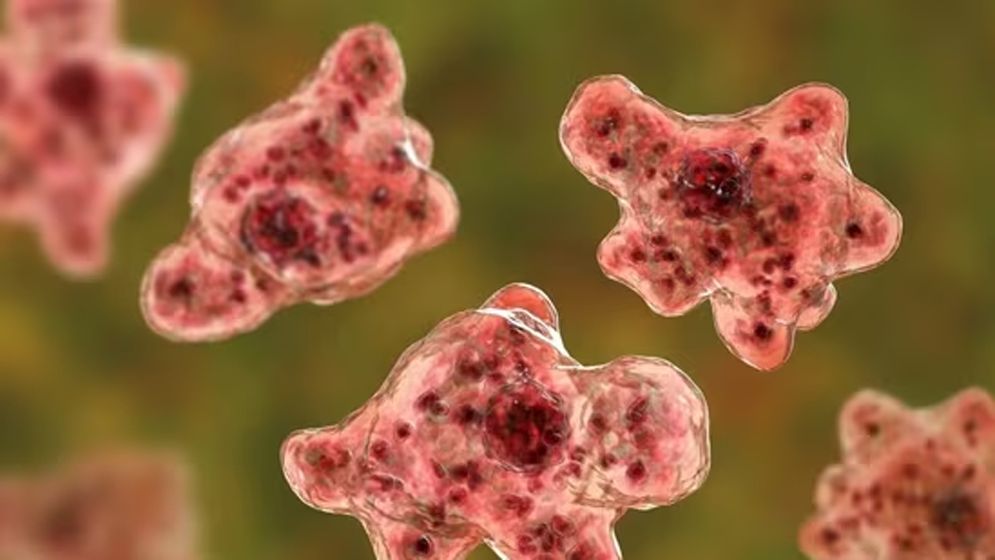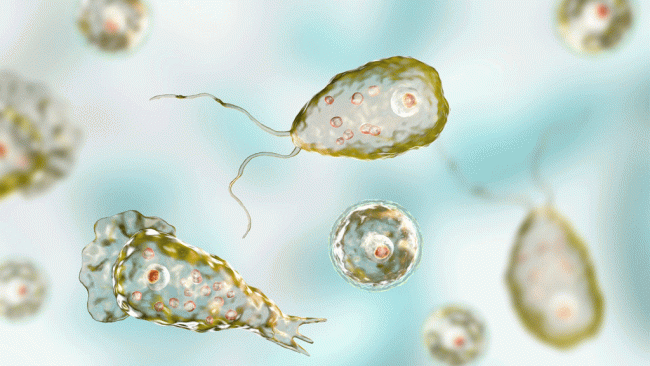
19 Dead in Kerala Due to ‘Brain-Eating’ Amoeba Infection, Health Alert Issued
At least 19 people have died in Kerala following an outbreak of a rare but deadly infection caused by a ‘brain-eating’ amoeba, according to the state’s health ministry. The disease, known as Primary Amoebic Meningoencephalitis (PAM), is caused by a single-celled organism called Naegleria fowleri.
Kerala Health Minister Veena George stated that a total of 61 cases have been recorded so far this year, with a concerningly high mortality rate. In recent weeks, both infections and deaths have risen sharply, prompting the government to issue a statewide health alert.
Experts explain that Naegleria fowleri thrives in warm, stagnant, and untreated freshwater. It typically enters the human body through the nose during activities like swimming or diving. Once inside, it travels to the brain, where it begins to destroy brain tissue, causing severe inflammation and, in most cases, death within days.
Although PAM is rare, healthy children and young adults are considered most at risk, as they are more likely to swim or play in lakes, ponds, and other freshwater bodies.
Kerala’s health department has urged the public to avoid swimming, diving, or bathing in warm, stagnant, or unclean freshwater sources. Special caution is advised around untreated ponds and lakes.

PAM was first reported in India in 2016. While only a handful of cases had been reported across Kerala in the past decade, this year’s spike in infections and fatalities is unprecedented.
The state health ministry is closely monitoring the situation and has launched awareness campaigns to educate the public about the risks and necessary precautions to prevent further spread of this deadly infection.
